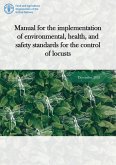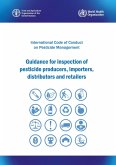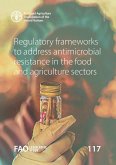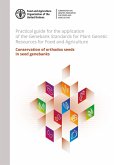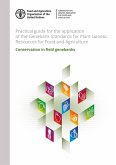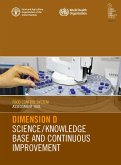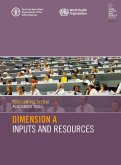Food fraud has beset governments for centuries, and the legal responses to it have been uniquely suited to the sensibilities of the time. This publication follows the concept of food fraud described to occur when a fraudster intentionally deceives a customer about the quality and/or contents of the foods they wish to purchase, and such act is done to obtain an undue advantage, most often economic, for the fraudster. The vastness and complexity of food fraud, and the versatility in regulatory approaches can challenge national governments in their attempts to develop a coherent, focused approach to food fraud. To respond to this challenge, this paper introduces the available international regulatory guidance and the potential legal strategies at the national and regional level. It identifies and analyses some of the regulatory approaches to food fraud that countries have chosen and pays attention to the role of the private sector in food fraud regulation.
Dieser Download kann aus rechtlichen Gründen nur mit Rechnungsadresse in A, B, CY, CZ, D, DK, EW, E, FIN, F, GR, H, IRL, I, LT, L, LR, M, NL, PL, P, R, S, SLO, SK ausgeliefert werden.



